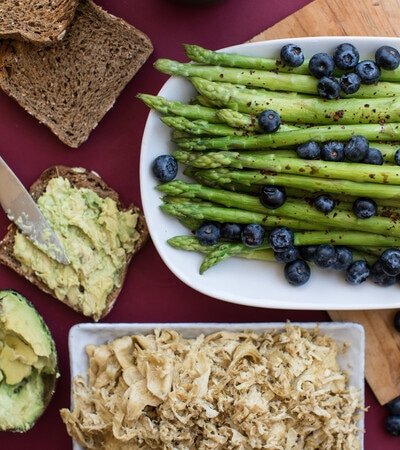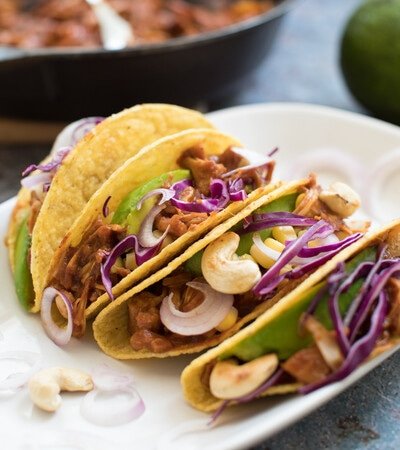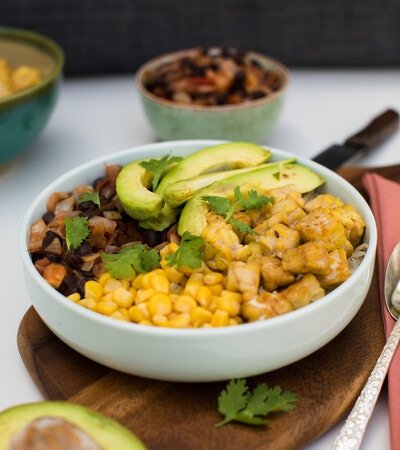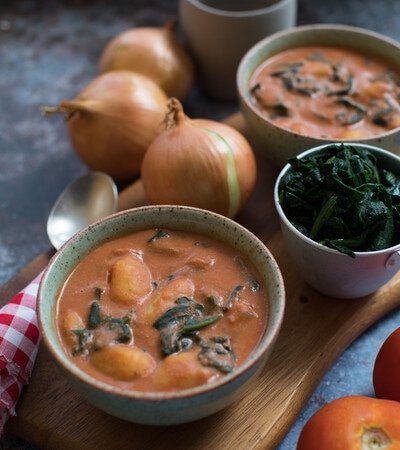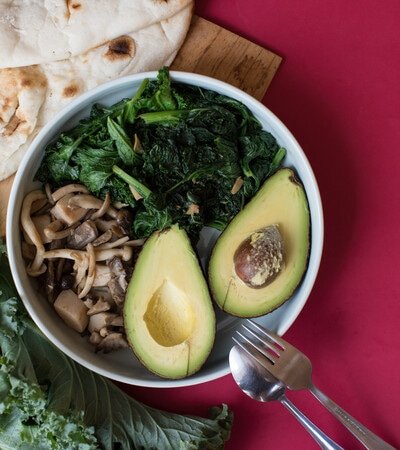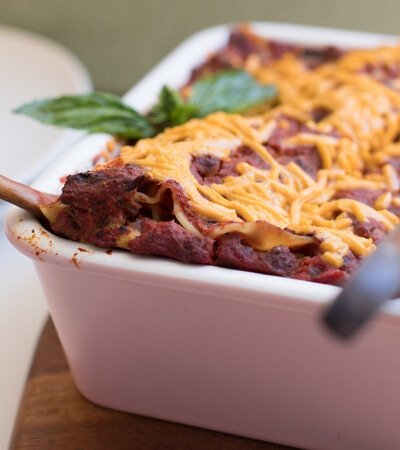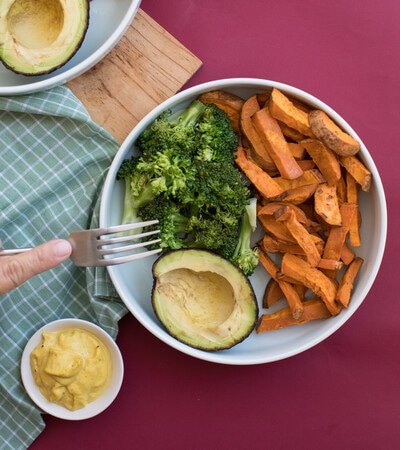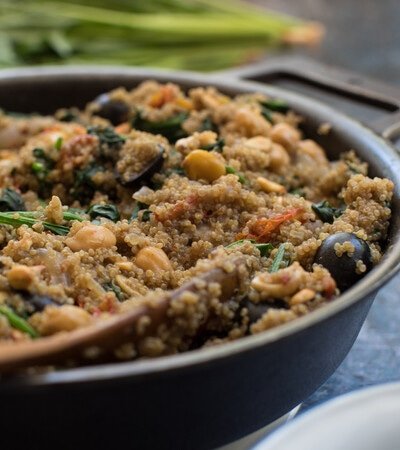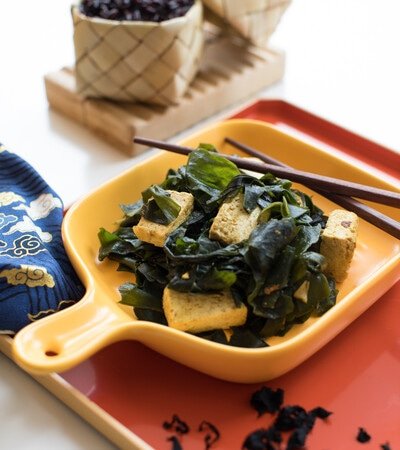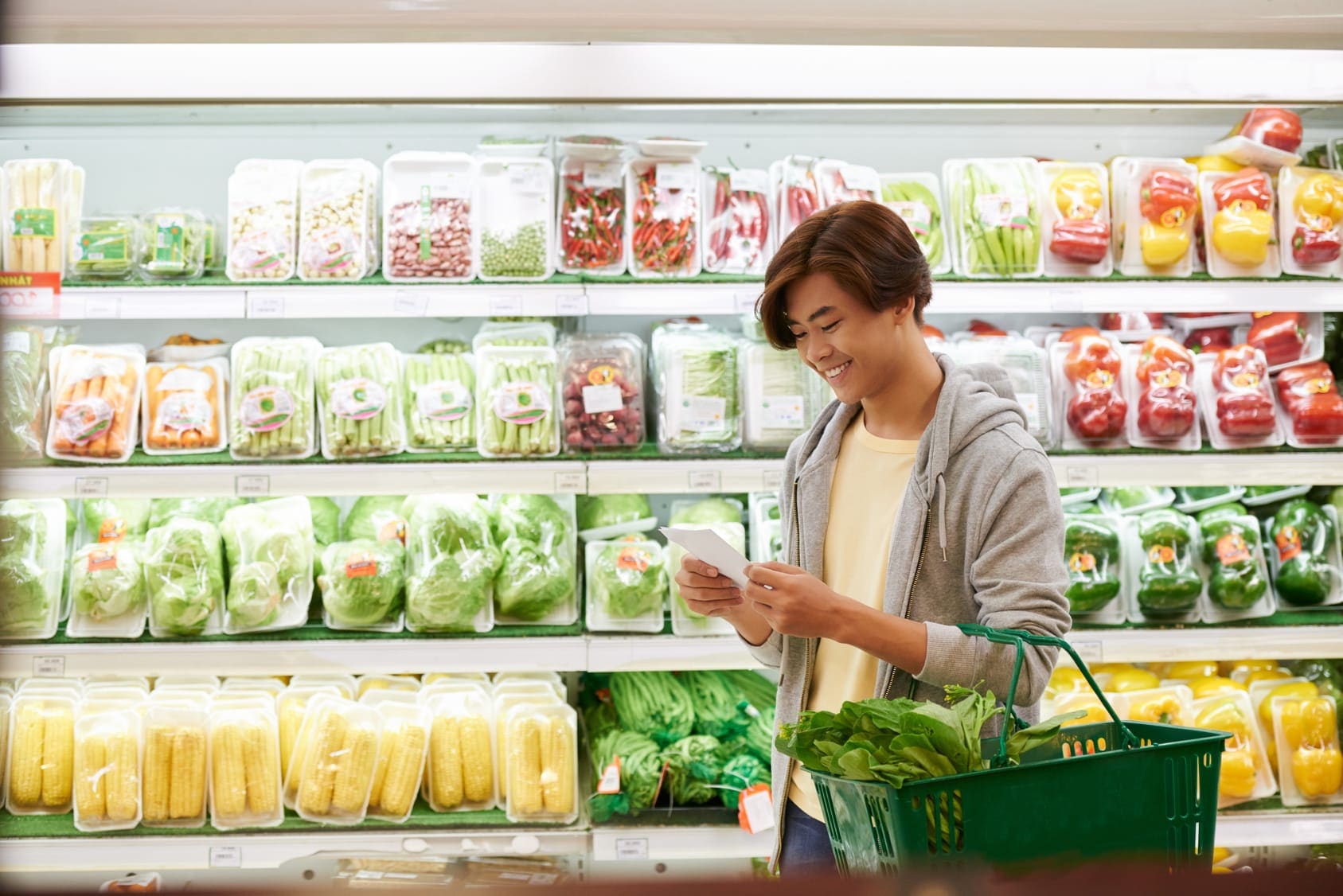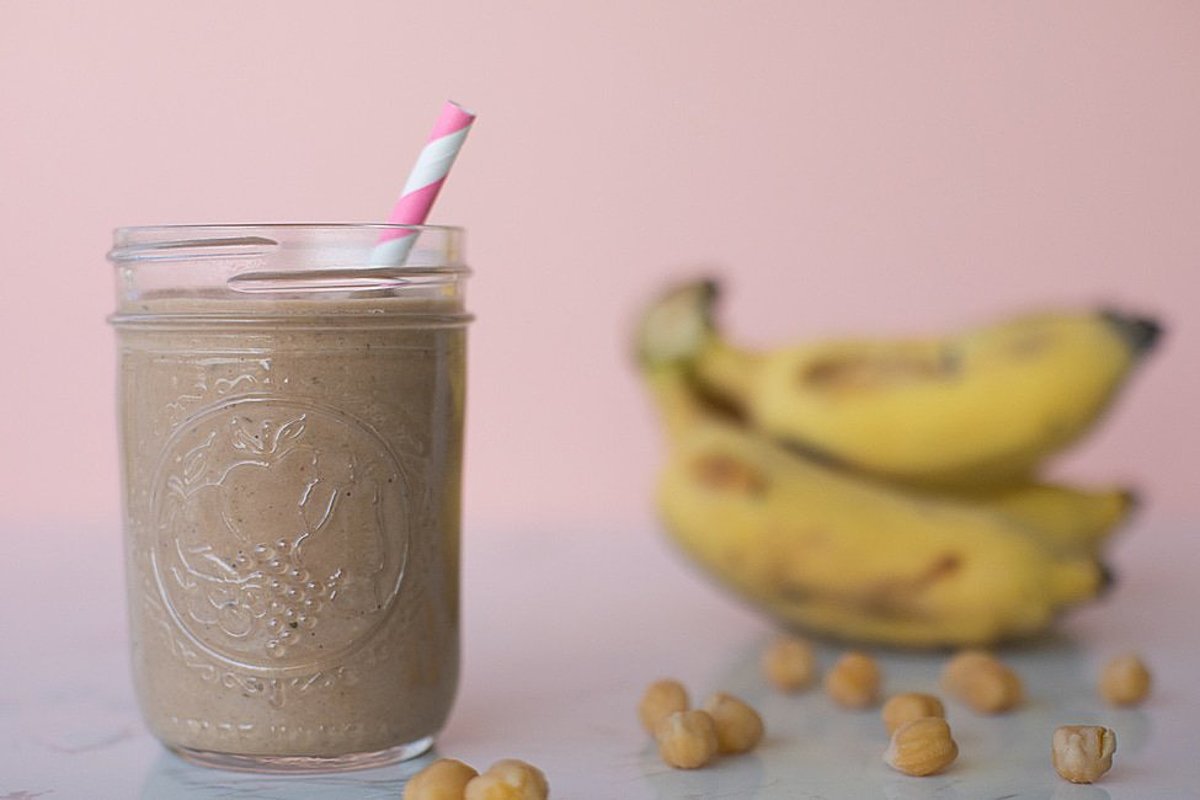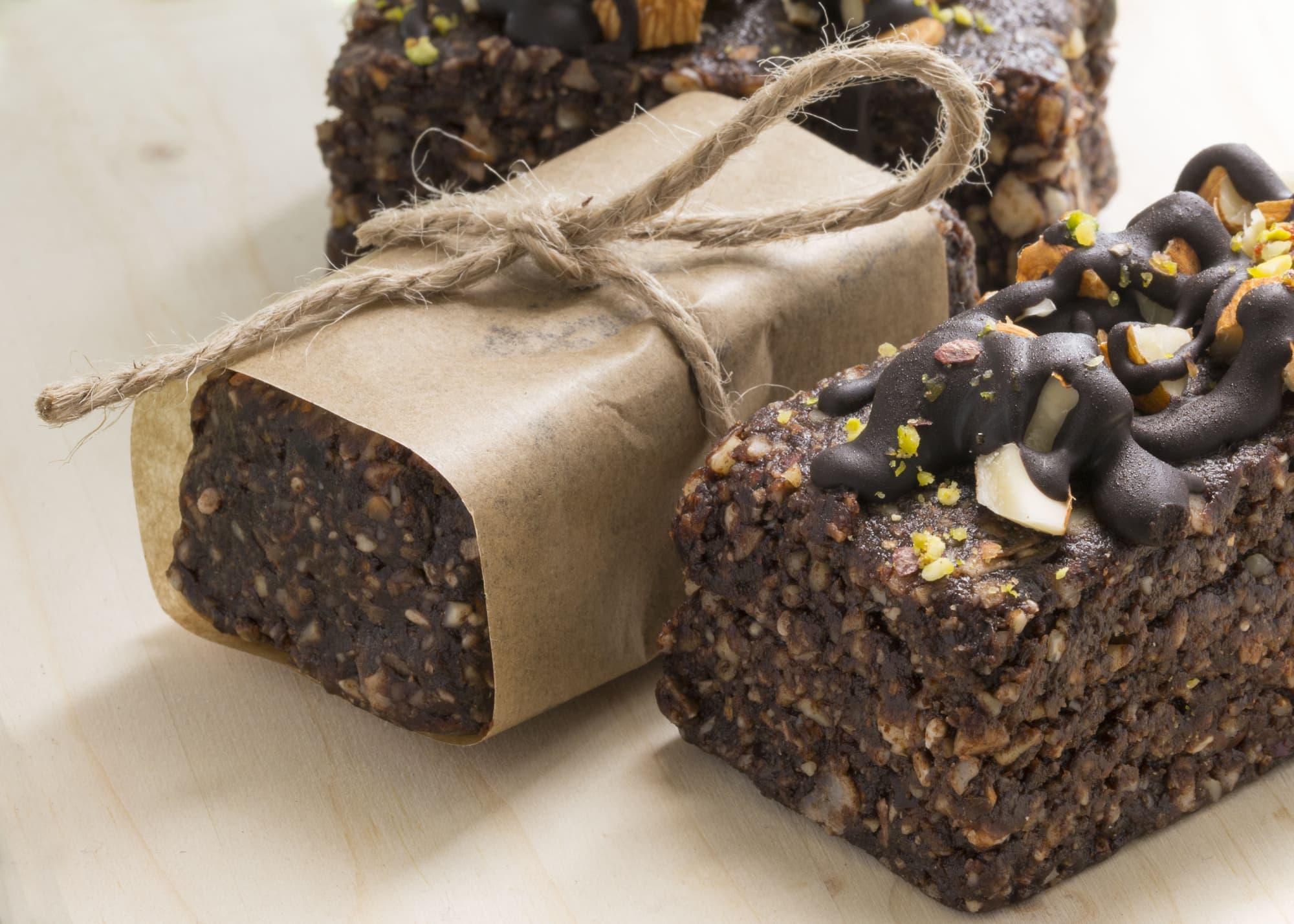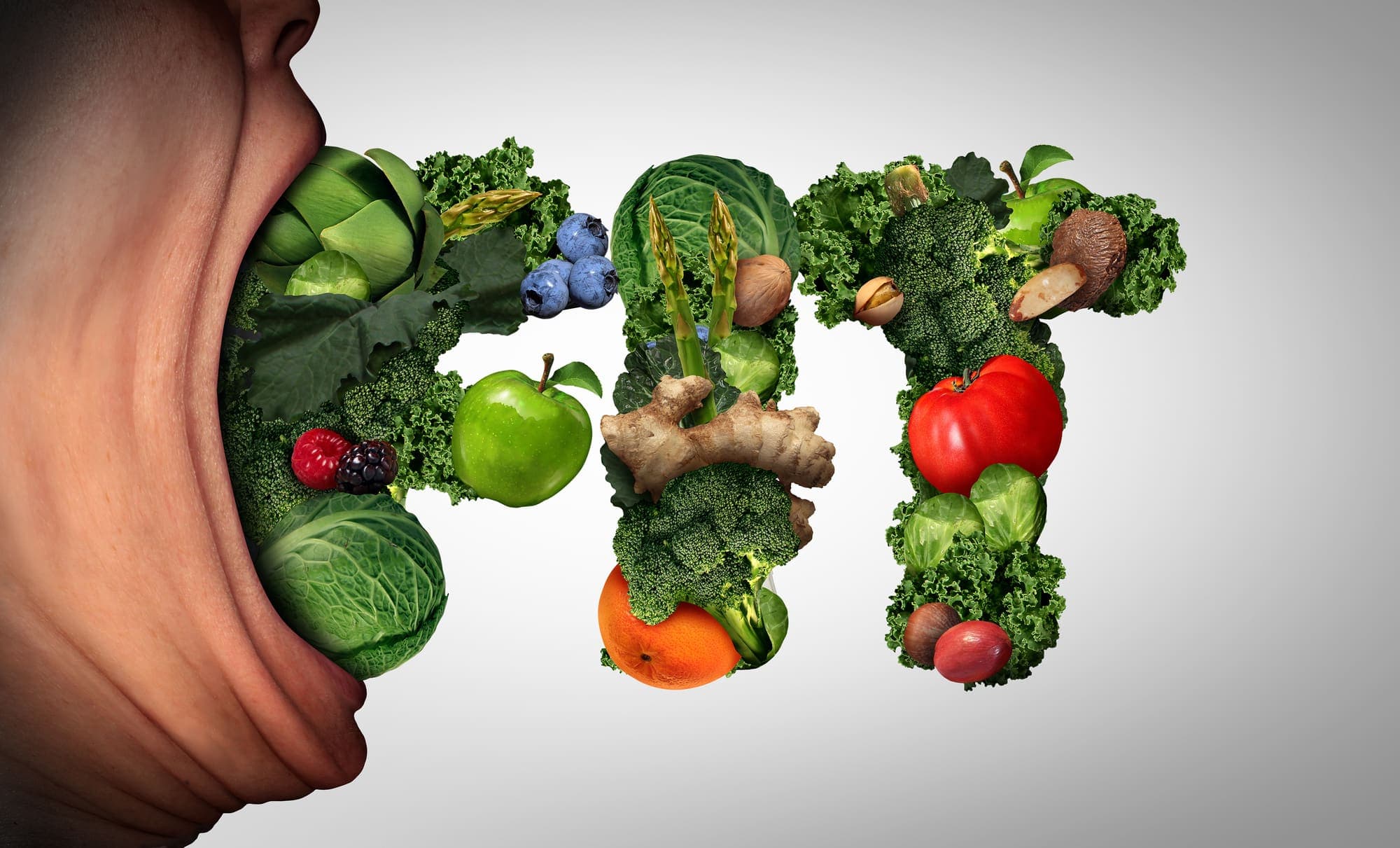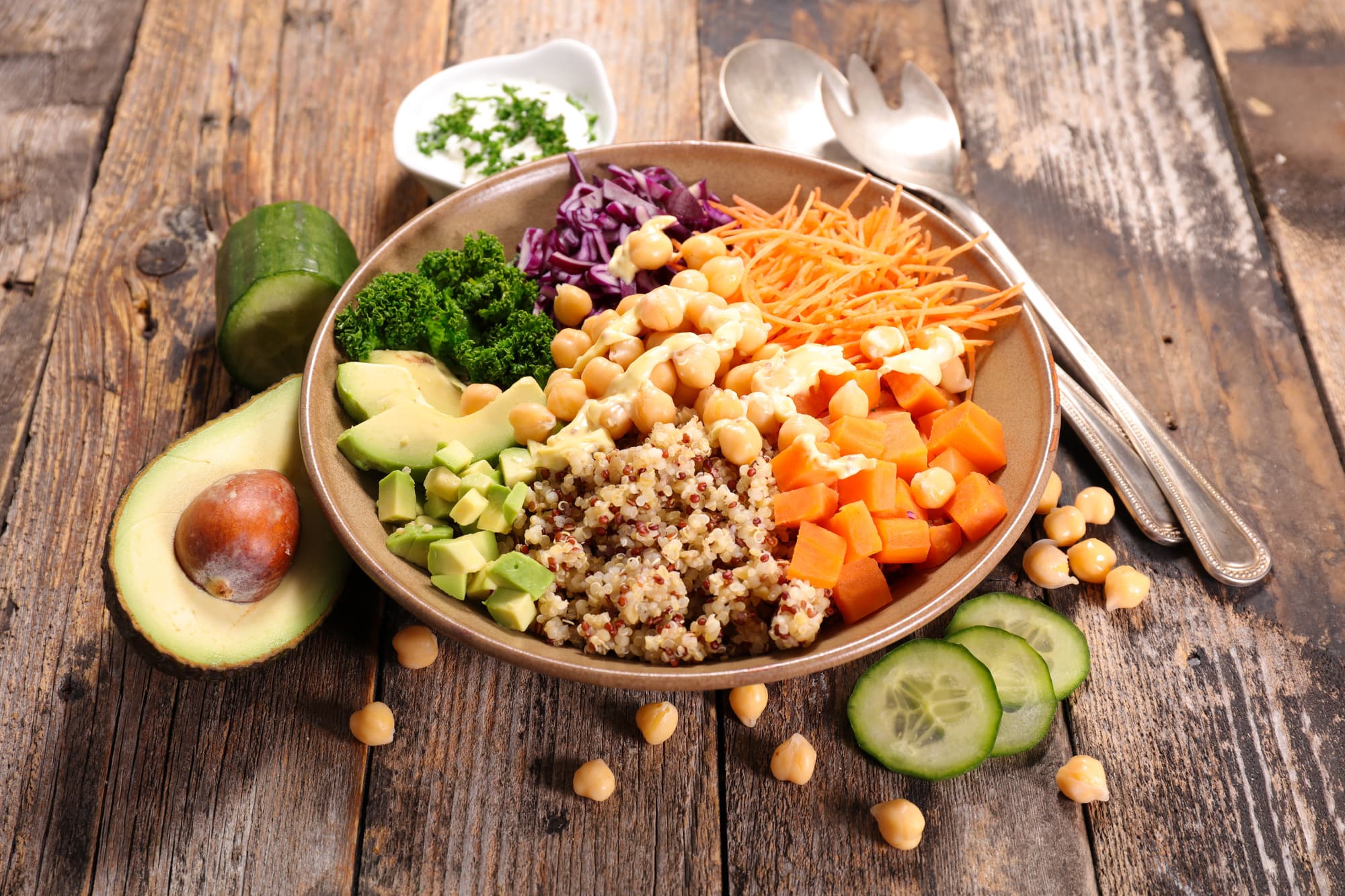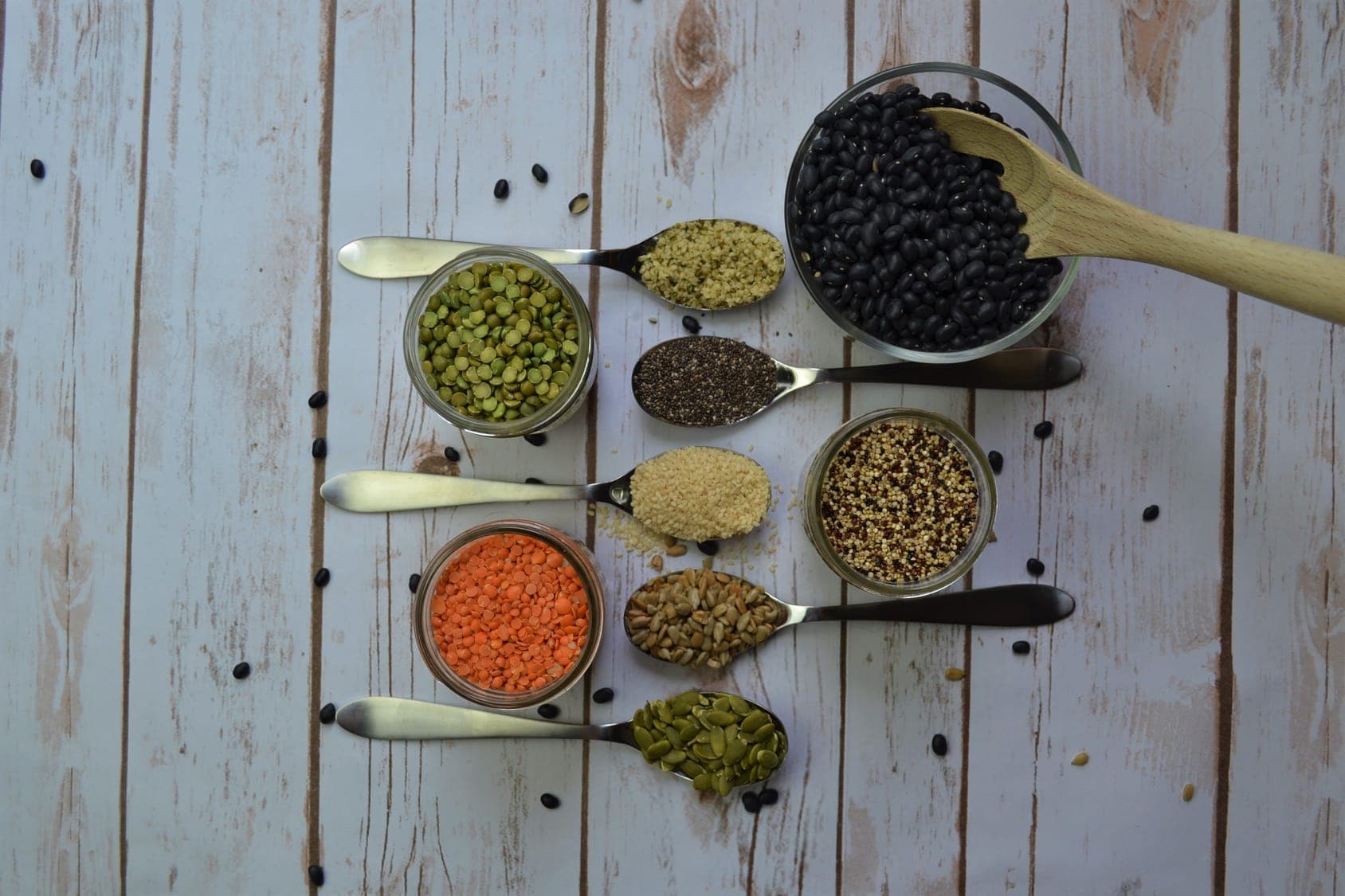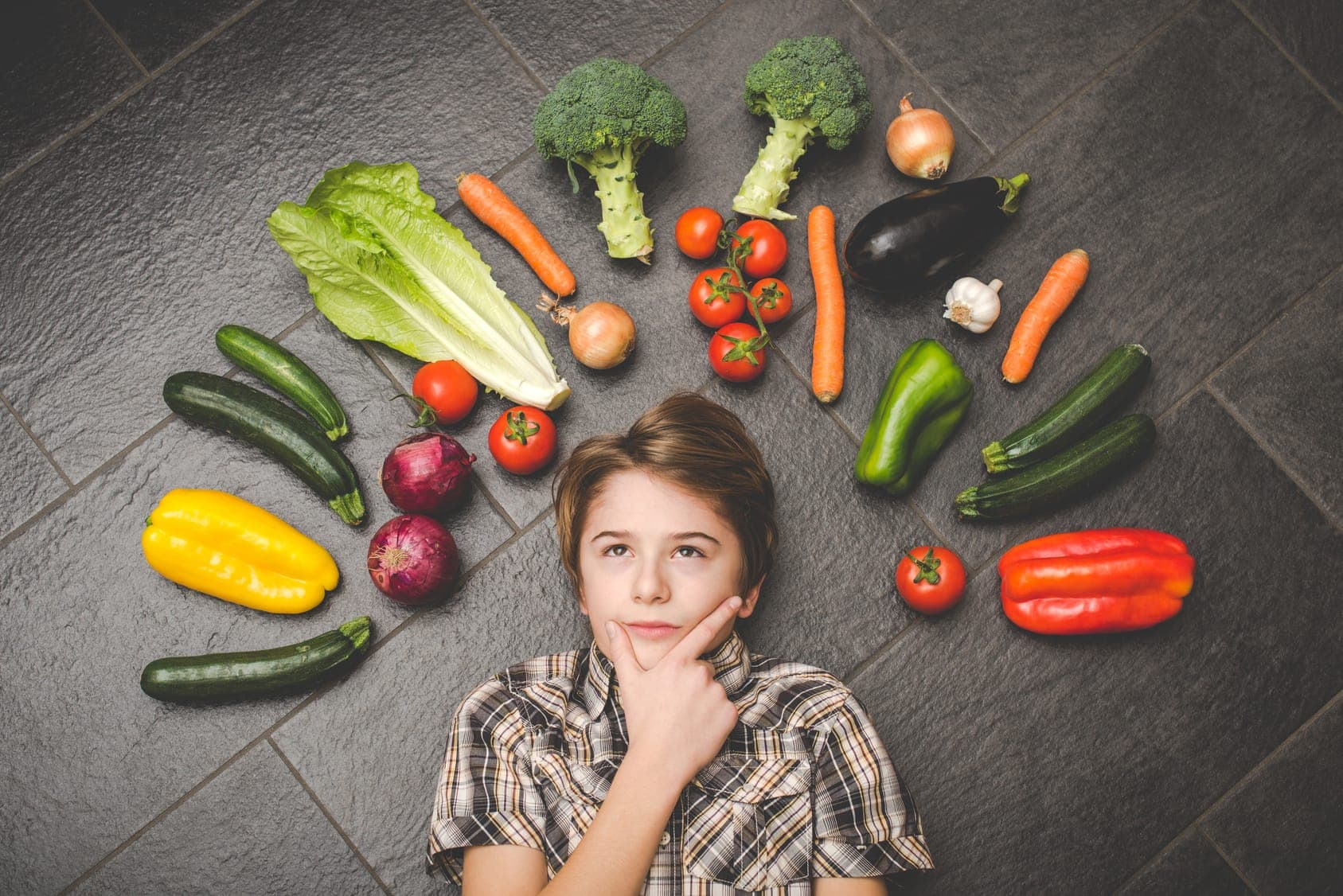
Word Count: 1586
Time to Read: 8 minutes
There are many reasons for being vegan.
Some people do it for health reasons. Others feel that it’s their moral obligation to not take part in any sort of animal suffering. Some see it as just better for the whole planet.
Whatever the reason, if you’re vegan, you’ve more than likely have got your fair share of strange looks, accusatory questions and unsolicited advice from those who don’t understand your dietary choices.
Even though the vegan lifestyle is not as “out there” as it once was, it’s still far from being regarded as mainstream.
So what happens when vegans decide to have kids and want to carry on the vegan lifestyle for their kids? Or what if parents decide to make the switch to a vegan diet for them and their kids?
Is it possible to set up a vegan diet for kids?
The short answer is, yes. It can be done. But there are additional considerations.
A vegan diet for kids can be hugely beneficial if done right.
The fact is that vegan diets can supply the same nutrients as non-vegan diets do.
It’s important to remember though that kids have different nutritional needs than adults. They need iron-rich foods and healthy fats while their bodies are rapidly growing and developing, so extra attention needs to be paid when choosing a vegan diet for kids.
The Academy of Nutrition and Dietetics states that a vegan diet for kids is appropriate for all stages of a child’s life - from infancy through childhood and adolescence.
The first year.
In that first year, breast milk is the best way to go. And since breast milk is such a major source of nutrients, vegan mothers may want to breastfeed for more than one year.
Once breastfeeding decreases or stops, you’ll want to use a soy formula fortified with iron, calcium, and vitamins B12 and D. Avoid cow’s milk, soy milk, rice milk and homemade formulas in the first year because the ratio of protein to fat to carbohydrates is not correct.
These “milk” are also missing important nutrients for health, growth, and development.
Once it’s time for solid foods to be introduced, you can just replace meat with mashed or pureed tofu or beans, and soy yogurt and cheese.
Those first few years.
This is where it can start getting a little challenging. Not only in how to encourage your child to eat a vegan diet but to be sure they’re growing and gaining weight appropriately.
Fat sources are required for proper brain development. Cooking with plant-based oils and using vegan spreads on grains is a great place to start. Don’t forget to include lots of avocado and nut butter in your child’s diet.
Most young kids are naturally drawn to avocado and will eat it willingly.
Vitamin D and calcium are needed for bone health and immunity. Unless your child happens to be wild about mushrooms, these are more difficult to get from non-animal sources.
If you’re open to providing these through cheese or other dairy products sourced from humane farms, you can go that route. At least while your children are still young.
If your focus is to remain vegan, then seek out plant-based milk and cereals that are fortified with these.
Protein is important too. Soy products such as tempeh and tofu are great options for whole food proteins. Tempeh is a fermented soybean product that makes for a healthy and delicious stand-in for meat.
Other beans and legumes are an amazing source of protein too. For example, one cup of chickpeas, black beans or black-eyed peas has 15 grams of protein. The same amount of lentils packs in 18 grams.
And don’t forget the protein-boosting power of grains, nuts, and seeds. A ½ cup of cooked quinoa has 4 grams of protein, while 2 tablespoons of peanut butter contain 8 grams.
Vitamin B12 is crucial to keeping the body’s nerve and blood cells healthy. It also wards off anemia and low energy.
Vitamin B12 is only found in animal products though so, just like with Vitamin D and calcium, it’s best found in fortified foods when incorporating a vegan diet for kids.
The challenges with older kids.
Pre-adolescence and adolescence are challenging times without dietary issues.
Iron is key during this stage of life. Especially for young women. Great sources of iron in a vegan diet for kids are:
- beans, lentils, and peas,
- dark green leafy vegetables such as okra, broccoli, and spring greens
- wholemeal bread and flours
- nuts
- wholegrains
- fortified cereals
- dried fruits like apricots, prunes, and figs
Even if you’ve raised your child from day one as a vegan, they may not be as open to healthy options and be content to maintain their vegan diet by scarfing down potato chips and vegan gummy worms.
Try to keep that snack food out of the house and encourage your older kids to keep making healthy eating choices. There is a wide array of meat substitutes for burgers and chicken nuggets that, while not as healthy as whole foods, at the very least don’t involve animal suffering.
If on the other hand, the decision to become vegan is recent and your child wasn’t raised vegan from day one, you’ll probably be dealing with a new set of challenges.
The transition is best done gradually. Maybe eliminate eggs first. Or dairy products. And offer them foods that look familiar. Again, the meat substitutes might help here.
Unless there are nut allergies, you can’t go wrong with peanut butter sandwiches. And there are many kinds of pasta made with beans, lentils and other legumes that provide a lot of protein.
Know when and if being vegan isn’t working for your kids.
Since a vegan diet for kids isn’t naturally packed with some of the necessary vitamins and minerals, it’s essential that you have regular check-ups with your pediatrician or medical practitioner.
If your notice that your child is not gaining weight or growing properly, speak to a registered dietician who specializes in vegan diets for kids. They may suggest your child ease up on the vegan diet for the sake of his or her health.
They can always return to the vegan lifestyle later.
In most cases, a vegan diet for kids is healthy and beneficial.
Regardless of the many reasons that vegans are constantly reminded of for NOT being vegan, the health benefits are hard to deny. And those benefits will have even more impact if started earlier in life.
Studies have shown that plant-based diets support healthy growth in children. These studies have revealed the following:
1. People who follow vegetarian and vegan diets tend to have overall better health.
They have lower levels of cholesterol and blood pressure, and lower rates of heart disease and type 2 diabetes than non-vegetarians. Especially when started early. This is why the Academy of Pediatrics has said that well-planned vegan eating patterns are healthy for infants and toddlers.
The Academy of Nutrition and Dietetics adds that when supplemented with Vitamin B, a vegan diet for kids is healthful and nutritionally adequate.
2. Most American kids don’t eat enough fruits, veggies, and grains.
Animal products are not lacking in most kids’ diets. But when it comes to fruits, vegetables, and whole grains, it’s a different story.
These and the other foods have protective effects against the world’s top killers, including heart disease. The average American child consumes only about one serving of fruit and one serving of vegetables per day.
Meanwhile, a great majority of American children consume an excess of the saturated fat found in dairy products and meat.
3. Many children already have risk factors for heart disease.
It might be hard to believe, but one recent study found that 40 percent of children aged 6 to 11 have high cholesterol levels. High blood pressure rates are also increasing in children.
Plus, one in three American children is overweight or obese, which puts them at a higher risk for heart disease.
But vegan diets are free of cholesterol and low in saturated fat. It’s been shown that a vegan diet can help prevent, reverse, and manage heart disease in both adults and children.
Children on a vegan diet for kids lowered their blood pressure and cholesterol levels, lost weight, and lowered their sensitivity to two biomarkers for cardiovascular disease.
4. Type 2 diabetes rates are rapidly on the rise, especially among children.
Between 2000 and 2009, the prevalence of type 2 diabetes skyrocketed by more than 30 percent in American children. With type 2 diabetes, kids face an increased risk of serious complications, like kidney failure, stroke, and heart attack.
If this rate continues, 1 in 3 American children will develop type 2 diabetes at some point in their lives.
Studies show that people who consume plant-based diets have a lower risk of developing type 2 diabetes. And patients who developed diabetes and switched to a plant-based diet had lower insulin sensitivity and were able to reduce their diabetes medications.
So it seems that the benefits of a vegan diet for kids are plentiful. Armed with a vegan pantry, some knowledge and willingness to plan ahead, parents can give their kids a healthy foundation for life.
If you have tips or secrets on how to make a vegan diet for kids even easier, we’d love to hear about it! Please feel free to comment below.

